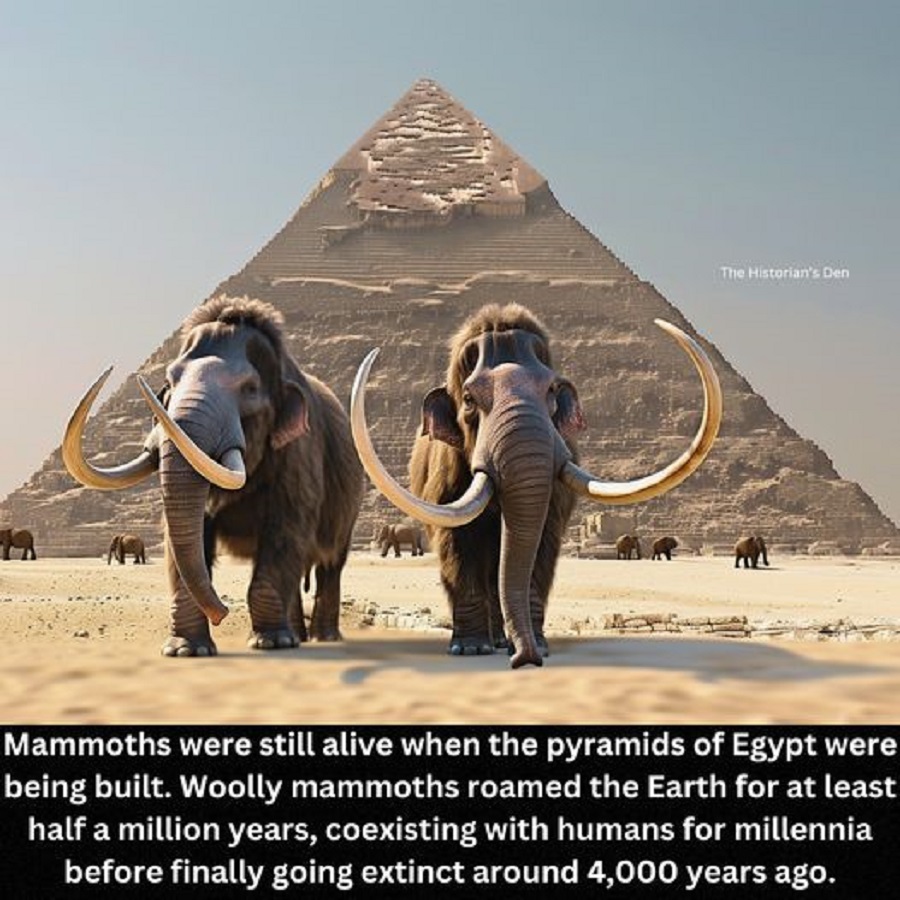In the vast expanse of the universe, the idea of intelligent extraterrestrial life has captivated human imagination for centuries. From books and movies to scientific research, we have often depicted aliens as bizarre, otherworldly creatures with radically different physical forms and behaviors. However, recent advances in our understanding of biology, evolution, and the conditions necessary for life suggest that aliens may be more like us than we ever thought possible.
1. The Universality of Chemistry
One of the most intriguing aspects of alien life is the chemistry that underlies it. Life on Earth is based on carbon chemistry, and it's tempting to think that alien life would be fundamentally different. Yet, carbon is an incredibly versatile element, and its unique bonding properties make it ideal for forming the complex molecules necessary for life. As we explore the cosmos, we discover that carbon-rich environments are not as rare as once believed. This suggests that aliens, if they exist, might also rely on carbon-based chemistry.

2. The Goldilocks Zone
The search for habitable planets often revolves around finding exoplanets within the "Goldilocks zone" – the region around a star where conditions are just right for liquid water to exist. Water is a crucial ingredient for life as we know it, and its presence on Earth has played a vital role in the development and sustenance of life. If aliens are anything like us, they may also require liquid water for survival, making the Goldilocks zone a prime hunting ground for potential extraterrestrial life.

3. Convergent Evolution
Earth has shown us time and again that evolution tends to converge on similar solutions to similar problems. For example, the eyes of cephalopods, like octopuses, are remarkably similar to vertebrate eyes, despite our vastly different evolutionary histories. This phenomenon, known as convergent evolution, suggests that certain traits and adaptations may be favored universally, even on other planets. If alien life faces similar challenges to those on Earth, they might develop analogous solutions, leading to surprisingly familiar features.

4. Social Structures and Cooperation
Evolution on Earth has also favored the development of social structures and cooperation among individuals. From ants to dolphins to humans, many species have evolved to work together for mutual benefit. If aliens are subject to similar selective pressures, they too might exhibit cooperative behaviors and social structures. This could have significant implications for how we interact with extraterrestrial civilizations if we ever make contact.

5. The Role of Intelligence
The evolution of intelligence on Earth is a fascinating and complex topic. While we often think of intelligence as a unique human trait, it has also emerged independently in other species, such as dolphins and certain primates. If intelligence is an advantageous trait across the cosmos, then aliens may possess some form of intelligence as well. This raises intriguing questions about the potential for communication and collaboration with extraterrestrial intelligences.

6. The Endless Possibilities
In the grand tapestry of the universe, the possibilities for alien life are virtually limitless. While we have made significant strides in understanding the conditions necessary for life, the true nature of extraterrestrial beings remains a mystery. They could be vastly different from us, or they might share surprising similarities. The key to unlocking this mystery lies in our continued exploration of the cosmos and the search for planets with the potential for hosting life.

The notion that aliens may be more like us than we think challenges our preconceived ideas of extraterrestrial life. While we can't say for certain what aliens might look like or how they would behave, the principles of chemistry, evolution, and the universality of certain traits suggest that they could share more in common with Earth's life forms than we ever imagined. As we continue our quest to explore the universe, the possibility of encountering alien life remains one of the most tantalizing and profound mysteries of our time.






